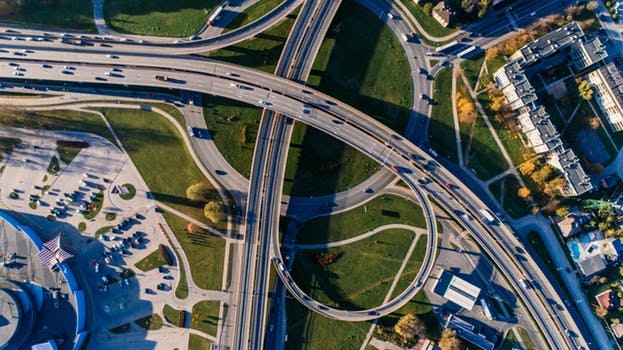
What's Next For Transportation?
Given that people spend so much of their lives traveling, it's no surprise that so many startups are interested in tackling problems in the transportation industry. Although there has been a lot of hype surrounding electric vehicles, here are three other markets that are likely to emerge as central to the world of transportation in the coming decade:
1. Intelligent Freight and General Transportation
The most exciting development in this market is emergence of on-demand freight services (such as Doft and Cargomatic) - allowing freight shipments to be ordered on demand. With companies like Uber and Lyft changing consumer expectations of transportation scheduling, on-demand freight service is most likely going to gain momentum. Currently freight services have about a 20% capacity underutilization, a marketplace that allows independent intelligent fleets to compete for business would be a massive innovation.
Moreover, automakers are beginning to realize the application intelligent technology to both freight and general transportation, and are steadily increasing the amount of technology (from sensors to electronic logging devices) that they install in factory models. More recent forms of this in-vehicle intelligence includes technologies that tap into biometrics and imagery to detect driver fatigue.
2. Smart Cities and Homes
The idea of the smart city has captivated people’s mind ever since the origins of sci-fi. With projects such as Sidewalk Labs’ “Sidewalk Toronto”, the promise of a sci-fi like city is closer than ever.
Not only do these smart cities promise to improve human lives, but they also offer a potentially large return on investment. Smart city technologies that may emerge in the coming decades include: streetlights supporting environmental sensor monitoring, city-wide wifi connectivity (like the successful project in Chattanooga, TN), and alternative energy grid integration.
In terms of the transportation industry, there is a possibility of developing vehicle to grid communication; and an integration of vehicle, smartphone, and IOT data through the use of embedded sensors.
3. Autonomous Mobility and Related Technologies
With the promise of a fully autonomous vehicle on the horizon; automobile manufacturers, startups, and ride sharing companies are all racing towards the finish line to develop this new technology.
While the development of autonomous vehicles is certainly exciting, the real story is in the transformation that supporting technologies will create. Autonomous vehicle production is driving the need for high powered computing, cloud platforms, and embedding cellular connections like never before. The implications of a stripping away of traditional vehicle differentiators will be a shock to automobile manufacturers, with the consequences being as serious as bankruptcies of massive companies.
With extreme changes in the transportation industry such as the emergence of ridesharing, and electric vehicles already present, the future of the industry looks to be one of large scale disruption at a level few others have seen. Regardless of the outcome of these changes, we will certainly see a profound impact on individuals, businesses, and other organizations that rely on transportation; as well as a potential shift in the very structure of the urban landscape.
We at Ecolane are leaders in real-time scheduling and dispatching software for paratransit and forward-thinking transit agencies. With our eye on the future, we are on the cutting edge of transportation software trends. If you are looking to implement next generation, web-based technology, schedule a risk-free demo today.
About the Author:

Jake is a Product Analyst at Ecolane; he is responsible for managing market research, and contributing to the user interface design process. Jake has a strong background in bringing novel technology concepts to market, and developing products through all stages of their lifecycle. Previously he interned in product at Gradx. Before that he was involved with several business-to-customer software startups.




